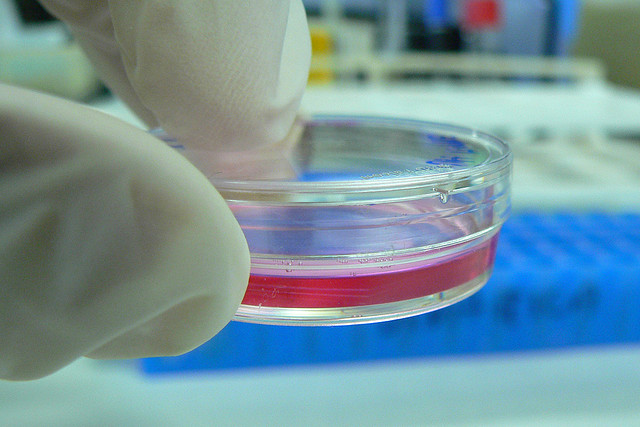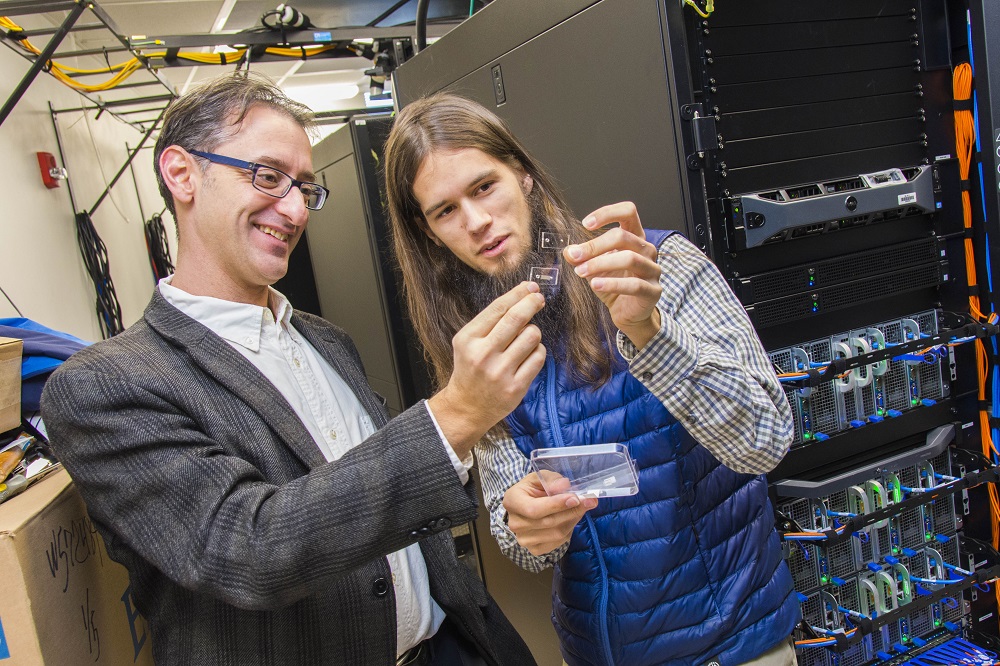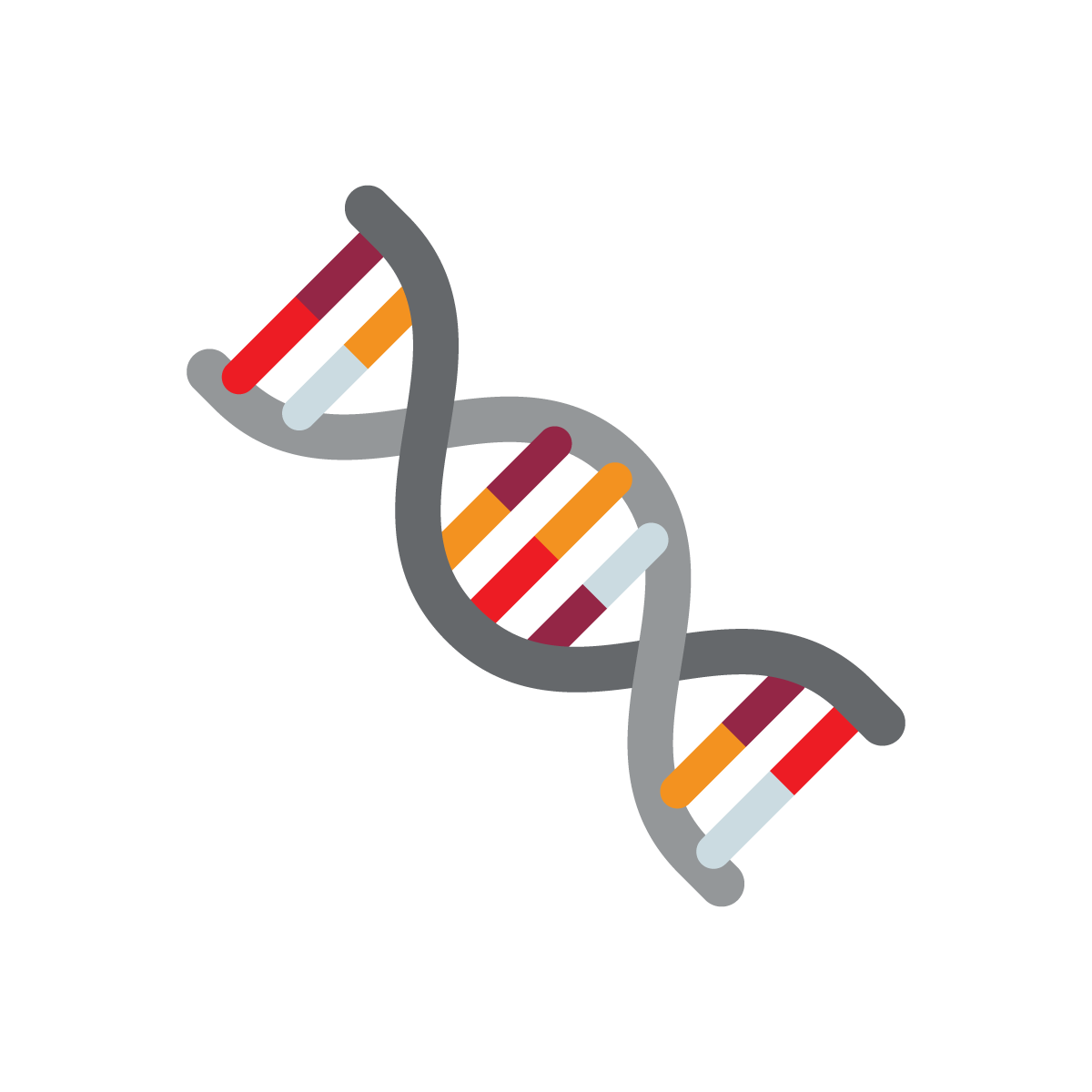Researchers have overcome the barriers to growing egg cells in the lab in a breakthrough which could eventually help treat patients with infertility issues. The technique – developed by researchers at the University of Edinburgh and the Center for Human Reproduction in New York – could also help improve our understanding of the development of human egg cells.
While the research is promising, the study authors note that their technique needs work before it could be applied in a clinical setting. Their study was published in the journal Molecular Human Reproduction.
“It’s very exciting to obtain proof of principle that it’s possible to reach this stage in human tissue,” Dr. Evelyn Telfer, of the Institute of Cell Biology, University of Edinburgh, told BBC News. “But that has to be tempered by the whole lot of work needed to improve the culture conditions and test the quality of the oocytes. But apart from any clinical applications, this is a big breakthrough in improving understanding of human egg development.”
Maturation of female egg cells requires a precise environment along with a number of key factors, including hormones, proteins and nutrients. Though researchers have previously tried to recreate these conditions in the lab, the findings presented in the current study represent the first successful attempt at inducing egg cell maturation in vitro.
Telfer and her colleagues collected ovarian tissue from 10 women between the ages of 25 and 39 to study in the lab. The four-step process included developing the immature egg cells in culture medium before transferring them to a nutrient-rich membrane.
While it takes five months for egg cells to reach maturity in the body, the researchers were able to complete this in 22 days. Using this process, the research team were able to induce maturation in just 10 percent of egg cells.
The scientific breakthrough could have profound implications for individuals who receive cancer therapy during childhood. While adult patients diagnosed with cancer have the option of freezing their sperm or egg cells before being treated with cytotoxic chemotherapy and radiation, pediatric patients don’t have the same opportunity because their reproductive cells are immature. This means that currently, many children who overcome cancer will face fertility issues as adults.
If Telfer and her team are able to optimize this technique of growing egg cells in the lab, it could one day be used to help patients experiencing fertility problems. But before this is possible, the researchers would need to prove that these lab-grown egg cells are normal and capable of being fertilized. Since Telfer’s lab does not have the authorization to do research on human embryos, they’re currently looking to work with a lab who does.
“Molecular characterization and chromosomal analysis is needed to show how these egg cells compare with normal eggs,” said Azim Surani, the director of germline research at University of Cambridge’s Gurdon Institute. “It might be of interest to test the developmental potential of these eggs in culture to blastocyst stage, by attempting IVF.”









Join or login to leave a comment
JOIN LOGIN